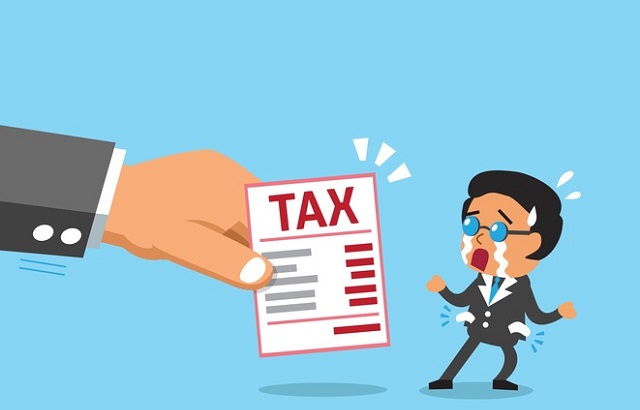The coronavirus outbreak has caused widespread chaos in a number of different ways and it could hurt tax bills as well.
According to accountancy group UHY Hacker Young, British expats and non-residents stuck in the UK due to covid-19 lockdowns may be hit “by major unexpected and heavy tax bills”.
The firm said that if non-residents breach the maximum number of days they are allowed to spend in the UK to retain their non-resident status, HM Revenue and Customs (HMRC) could start charging them UK tax on all their worldwide income.
This comes as many countries start to close their borders.
Depending on their circumstances and ties to the UK, non-residents can spend between 16 to 183 days in the country before they have to start paying tax.
HMRC grants each non-resident an additional 60 days for exceptional circumstances; such as births, deaths, sudden and life-threatening illness or injury, which can be used throughout the tax year.
Unexpected tax bills
UHY Hacker Young also said that UK expats that are being forced to return to Britain as a result of the coronavirus outbreak could also face unexpected tax bills.
The firm said “to avoid paying UK tax on the money you are earning overseas; you have to have been absent from the UK for at least a complete tax year”.
Expats could also find themselves facing capital gains tax (CGT) bills “for the sale of UK assets, such as shares or property”.
They also have to be non-resident in the UK for at least five tax years; if they want sales of UK assets, which they owned while being a UK resident, to be exempt from CGT.
Hope for leniency
Neela Chauhan, partner at UHY Hacker Young, said: “Non-residents need to be on top of their day count – otherwise they could face huge tax bills.
“Overstaying by just one day could result in HMRC reviewing the income a non-dom has made overseas for the whole tax year and then charging UK tax on that. Needless to say, that tax rate will be a lot more than they are used to.
“We often see individuals use up the number of days they can spend in the UK towards the end of the tax year. This means those who are stuck may not have enough days left to cover their stay.
“Given the circumstances, we hope that HMRC may be more lenient in its approach. However, there are no guarantees and we would recommend that anyone up against their day count limit seeks professional advice as soon as possible.
“Expats also need to be careful as time limits for how long they have been outside the UK could be shortened due to the coronavirus outbreak. HMRC will be happy to charge tax on offshore income and gains so it is important you know where you stand.”








